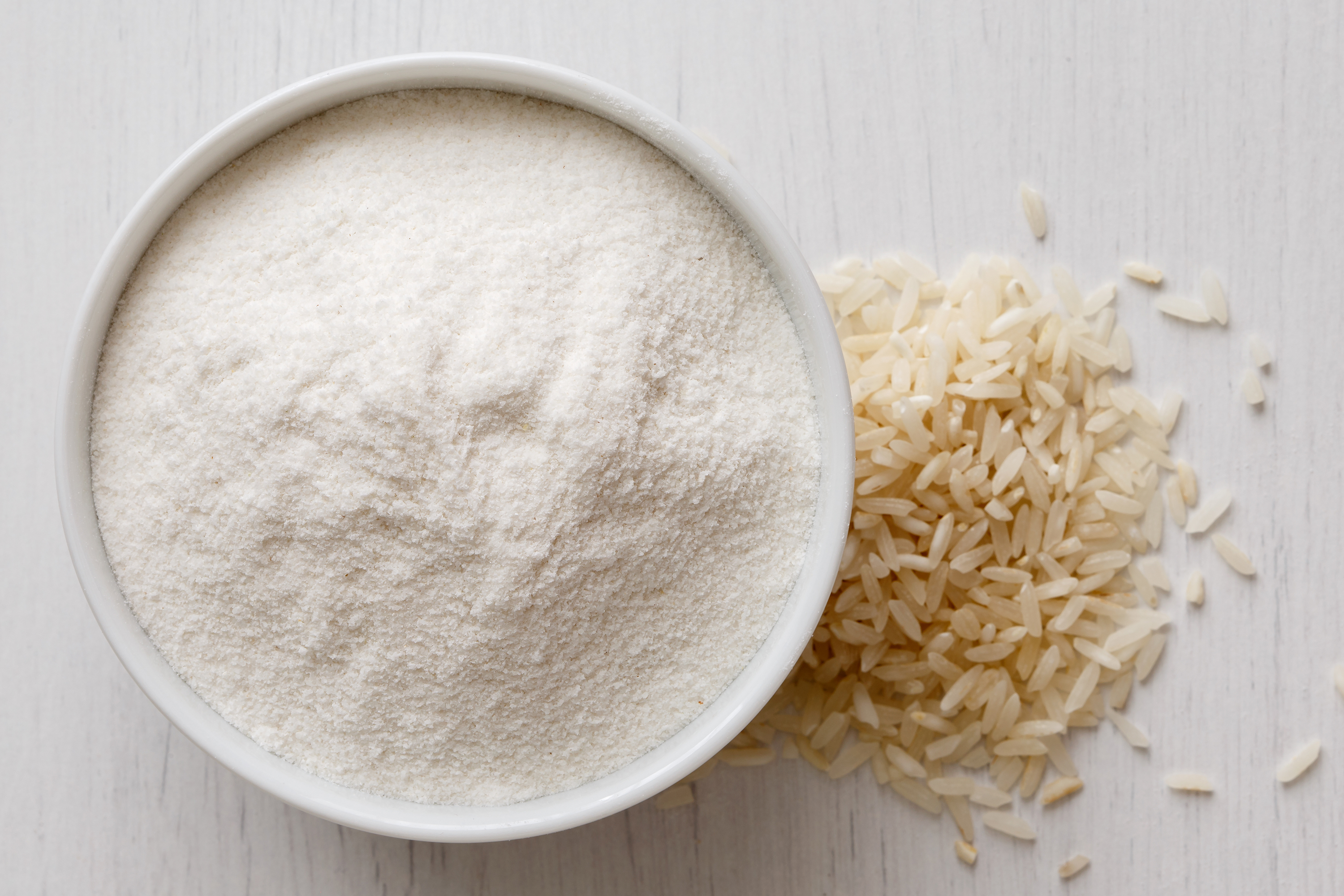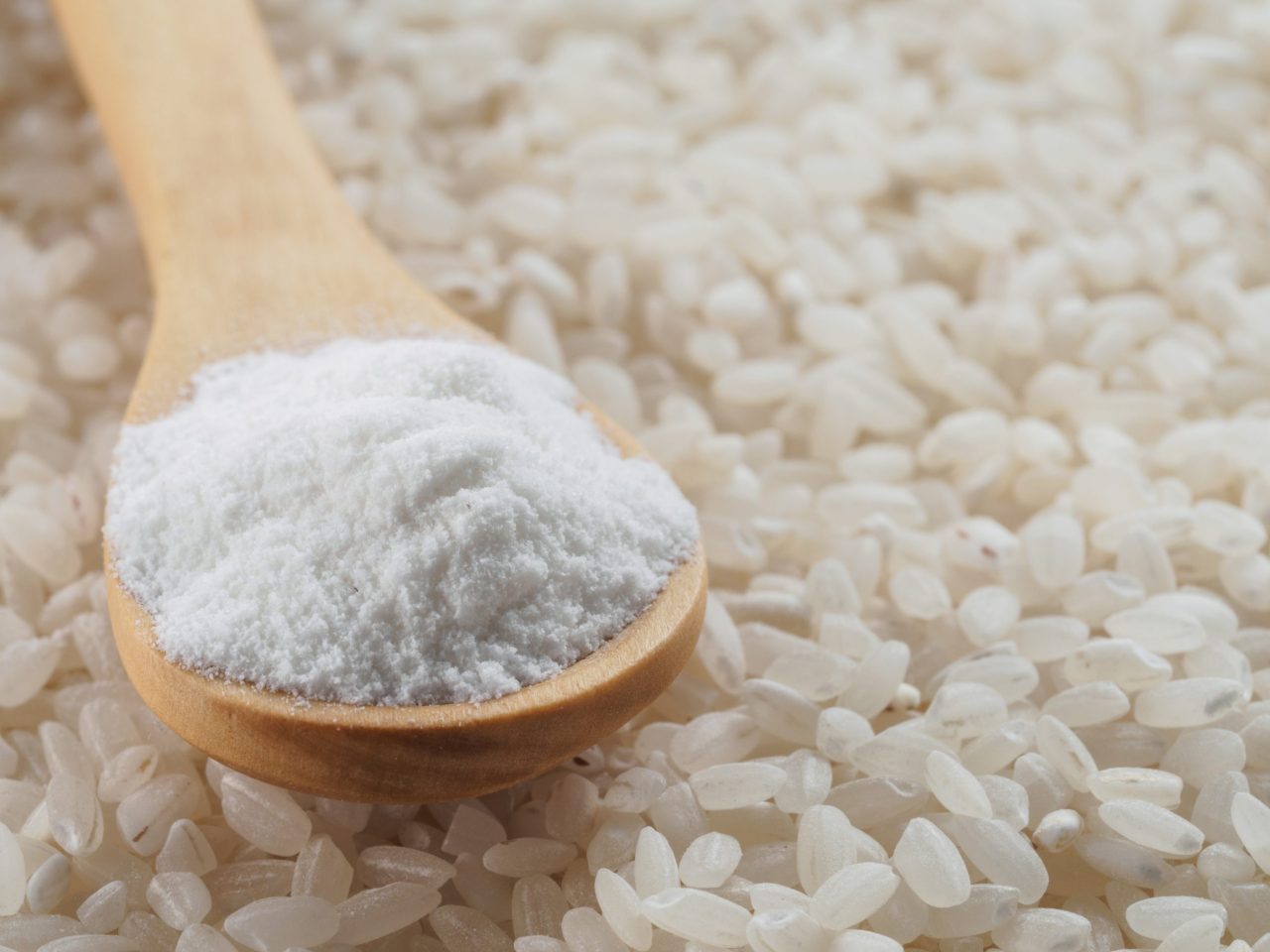Is Rice Flour Safe for Babies?
When it comes to introducing solid foods to your precious little one, safety is paramount. As a parent, you want to make sure that every bite is not only nutritious but also gentle on your baby's delicate tummy. Rice flour is a popular choice for baby's first foods, but is it safe? Let's dive into this important question and explore the ins and outs of introducing rice flour to your baby's diet.
What is Rice Flour?
Rice flour manufacturer is a fine powder made from ground rice. It is a versatile ingredient used in various culinary applications, from thickening sauces to baking. For babies, rice flour is often considered an ideal choice due to its mild flavor and easy digestibility.

Rice Flour Nutritional Value:
Rice flour nutritional value per 100g, as shown in the table below:
| Nutrient | Amount per 100 grams |
|---|---|
| Calories | 366 kcal |
| Total Fat | 0.3 grams |
| Saturated Fat | 0.1 grams |
| Trans Fat | 0 grams |
| Cholesterol | 0 mg |
| Sodium | 2 mg |
| Total Carbohydrates | 80.1 grams |
| Dietary Fiber | 1.3 grams |
| Sugars | 0.7 grams |
| Protein | 7.5 grams |
| Vitamin A | 0 IU |
| Vitamin C | 0 mg |
| Calcium | 7 mg |
| Iron | 0.8 mg |
Is Rice Flour Safe for Babies?
YES. Rice flour is an ideal and convenient ingredient for homemade baby food.
1. Easy to Digest
Rice flour is digestibility. The fine texture of rice flour makes it easier for a baby's developing digestive system to handle. It's gentle on the stomach and less likely to cause digestive discomfort.
2. Gluten-Free
Another key advantage of rice flour is that it's naturally gluten-free. Gluten is a protein found in wheat, barley, and rye, and some babies may have gluten sensitivities or allergies. By using rice flour, you can eliminate this concern and provide a safe, gluten-free option.
3. Low Allergenic Potential
Rice flour is generally considered a low-allergenic food. It's less likely to trigger allergic reactions compared to some other grains. This can be reassuring for parents, especially if there is a family history of food allergies.
4. Nutrient-Rich
Rice flour also offers a fair share of essential nutrients. It contains carbohydrates for energy, as well as some vitamins and minerals. This can contribute to your baby's overall nutrition as they transition to solid foods.

Benefits of Rice Flour for Babies
Prepare for weaning.
Training chewing ability.
Train your baby's swallowing ability.
Supplement the insufficient nutrition in milk, which can supplement microelements.
Can I give Babies Rice Flour at 3 Months?
Waiting until around 6 months gives your baby time to develop so they can cope fully with solid foods – this includes solid foods made into purées, cereals and baby rice added to milk.
When to Introduce Rice Flour?
The American Academy of Pediatrics recommends starting solid foods around six months of age. This is the ideal time to introduce rice flour to your baby. Always consult with your pediatrician before making any changes to your baby's diet.
Choose Rice Flour for Babies
Here's a simple guide on how to prepare rice flour for your little one:
Choose YANGGEBIOTECH Rice Flour: 100% soluble In water, not been irradiated, GMO free, not contain any allergen, Rice flour manufacturer without the use of artificial preservatives, flavors or Colors.
Cook It Well: Mix a small amount of rice flour with water or breast milk to create a smooth, thin paste. Cook it to a suitable consistency for your baby, ensuring there are no lumps.
Avoid Sugar and Salt: It's crucial to refrain from adding sugar or salt to your baby's food. Keep it plain and natural.
Gradual Introduction: Start with small portions and observe how your baby reacts. Gradually increase the quantity as your baby gets accustomed to the new food.

Conclusion
In conclusion, rice flour can be a safe and nutritious option for your baby's first foods. Its gentle nature, gluten-free quality, and low allergenic potential make it a popular choice among parents. Your baby's health and happiness are what matter most, and with careful consideration, rice flour can be a delightful addition to their culinary adventure.
So, go ahead, prepare that bowl of rice flour, and watch your baby take their first steps into the world of flavors and textures.
Happy feeding!
*Note: This blog provides general information and should not replace professional medical advice. Always consult your pediatrician for personalized guidance on your baby's diet.
REFERENCES:
https://en.wikipedia.org/wiki/Rice_flour
https://en.wikibooks.org/wiki/Cookbook:Rice_Flour
https://pubmed.ncbi.nlm.nih.gov/31619613/
https://draxe.com/nutrition/rice-flour/
https://www.urmc.rochester.edu/encyclopedia/content.aspx?contenttypeid=76&contentid=20061-1
Send Inquiry
Related Industry Knowledge
- Tongkat Ali (Longjack) Powder: Unlocking the Secrets of Nature's Powerhouse
- Boost Your Energy with Glutathione: Here’s How
- Exploring Blue Spirulina E10: Trends and Benefits
- Astaxanthin biverkningar
- Epimedium Soap
- Mental and Health Benefits of Mushroom Supplements
- Magnesium Complex: The Natural Vitamin
- Benefits and Advantages of Flour Gluten Free
- Organic Protein Powder: Natural Plant Nutrition
- Butterfly Pea Powder for Weight Management


